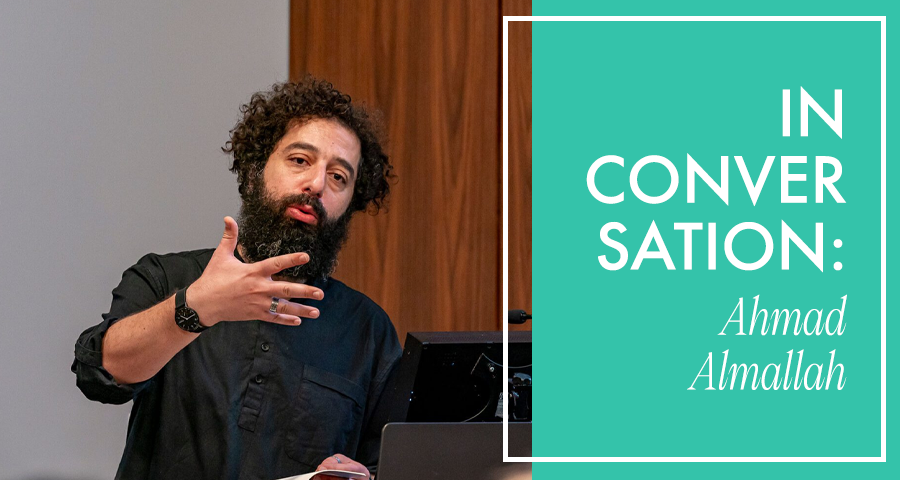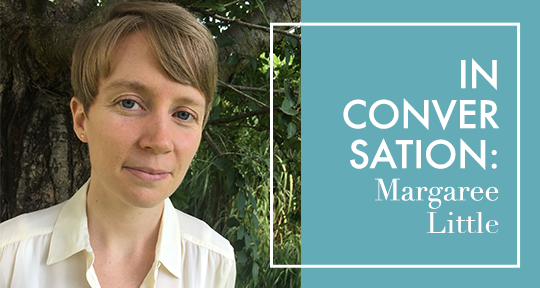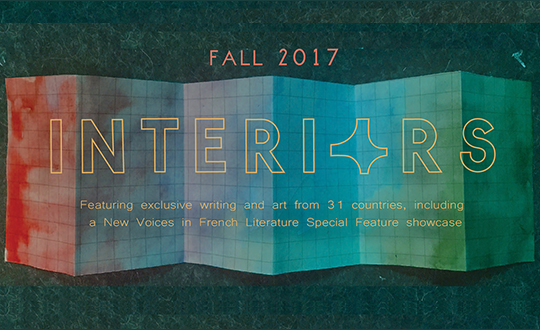Poems, they are also gifts—gifts to the deeply attentive. Fate-carrying gifts.
—Paul Celan, letter to Hans Bender, May 18, 1960
Merry Christmas! #7 is a perfect pick for today. A crowning jewel of our Spring 2025 issue, The Gift, is “Love and Mistranslation” by Youn Kyung Hee (tr. Spencer Lee-Lenfield). Youn’s prose is beyond gorgeous—translator Lee-Lenfield described it best, saying she “revels in tight and rhythmic choreography of long sentences, in menageries of carefully chosen vocabulary, in sheer love of the expressive capabilities of Korean.” Complementary to the season, this seamless work of lyrical criticism charts a path that begins with this: poems as gifts.
The concepts of ‘poem’ and ‘gift’ are flipped inside out as Youn flows from one point to the next, enlightening us further with each progression. Key observations point to the ‘postal essence’ of gifts, and poems as ‘words in motion.” Youn likens the latter to the message in a bottle—the poem is adrift, a precious gift for the reader who meditates on the meaning, and impassioned by the art, pays it forward through translation.
A poem-gift is only unlocked by the deeply attentive. The reader becomes a poet through translation, and in turn, the sender-poet becomes the recipient. In the process of engagement, ‘mistranslation’ is poetic embellishment, born out of a love for the message.
Youn deeply appreciates the artistry of exchanging one term for another, the symphony of finding words that capture the ‘right’ meaning. After all, “What should we call this person, who says in poems what the poet does not say, if not “a poet”? And so, mistranslations increasingly disappear. Even mistranslations are a different language turning into a poem.”




